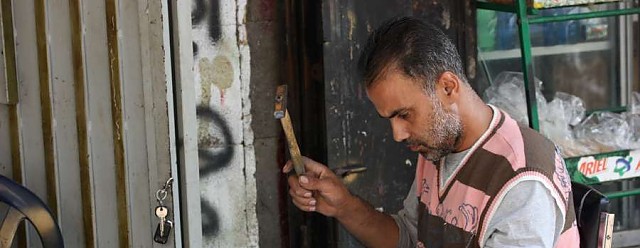Home > What We Do > Capacity Building > Livelihoods > Urban Refugees and Livelihoods
Urban Refugees and Livelihoods

Surviving in the City
A growing proportion of the people of concern to UNHCR live in towns and cities, where protection and livelihoods are closely intertwined. Forcibly displaced people face many challenges making ends meet in urban settings. Host government policies often make it illegal for them to work or to own property or businesses. Even in situations where refugees can legally work, access to employment remains a huge obstacle. Cases of discrimination and harassment by police or immigration authorities can make it difficult for refugees to move around, affecting their ability to work or trade. Refugees often face greater expenses than other urban poor, often related to the lack of documentation and including demands for bribes. Refugees are sometimes discriminated against by landlords and employers, who may demand higher rents or extra fees. They are often targeted by criminals, who know they are less likely to complain. Accessing public health and education services may pose an extra financial burden on refugees. School fees and hospital bills can exceed their monthly income and indebt them to their community or employers.
Assistance by UNHCR combines various elements, including access to microfinance, skills and vocational training, enterprise development courses, career counselling and more. Beyond meeting our protection objectives, advocating for the equal rights to livelihoods and supporting refugees in fulfilling those rights is necessary for UNHCR in urban settings for the following reasons:
- Many refugees come to cities because they possess assets that are more effectively utilized in urban settings than in camps or rural areas. Livelihood programmes promote and preserve the use of skills and assets, which can prevent households and individuals from slipping into poverty.
- Increasing the economic capacity of households can promote durable solutions. Refugees who can build and protect their livelihood assets are more likely to return home when it is safe to do so.
- Livelihood programmes often benefit local populations, address government concerns about the presence of refugees in cities (such as economic competition and pressure on resources) and improve the asylum environment.
- The pursuit of livelihoods helps restore the dignity and independence of refugees.
To better assist urban refugees, UNHCR generates tools and how-to guides to help design and implement livelihoods projects in urban settings.